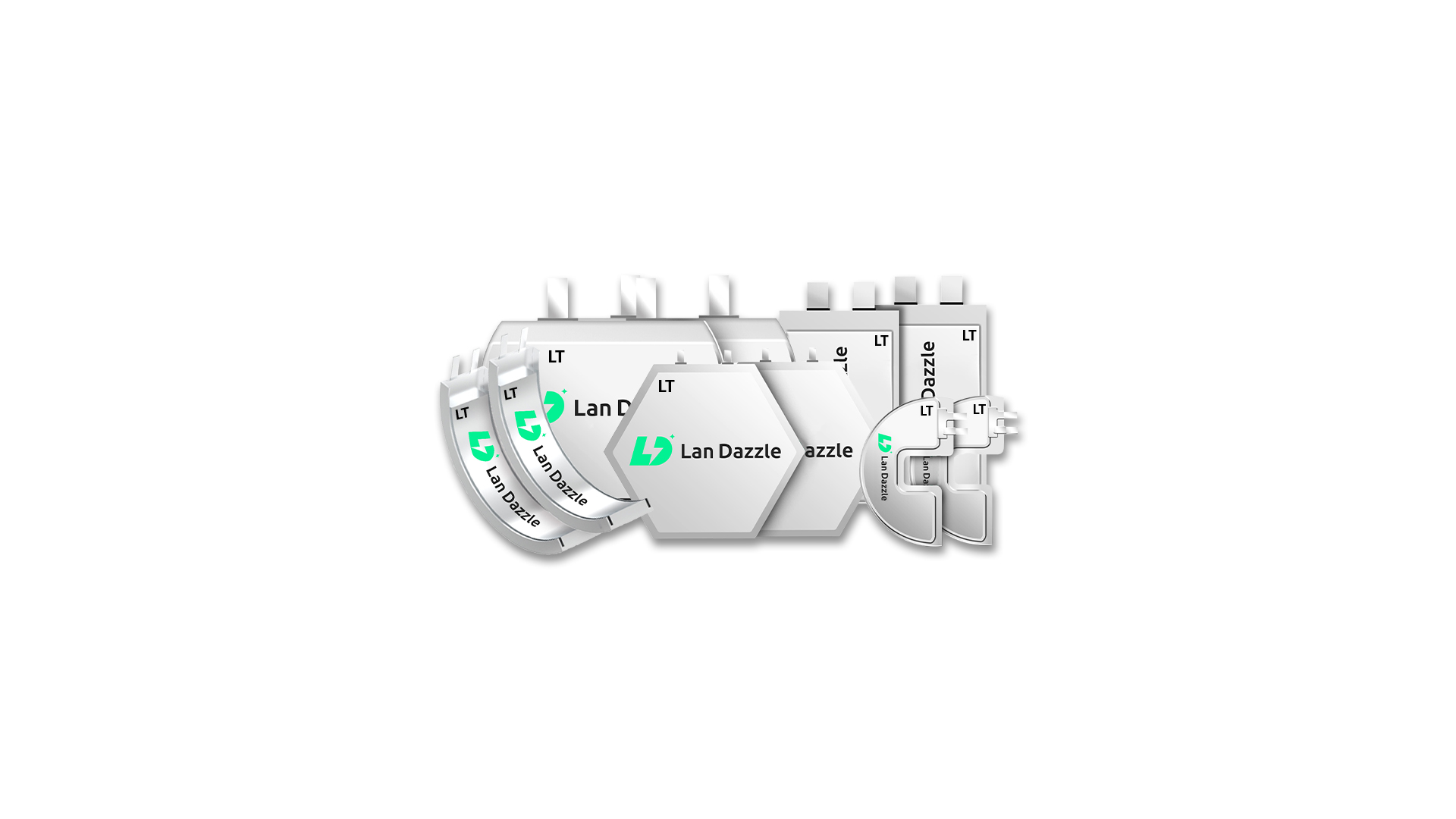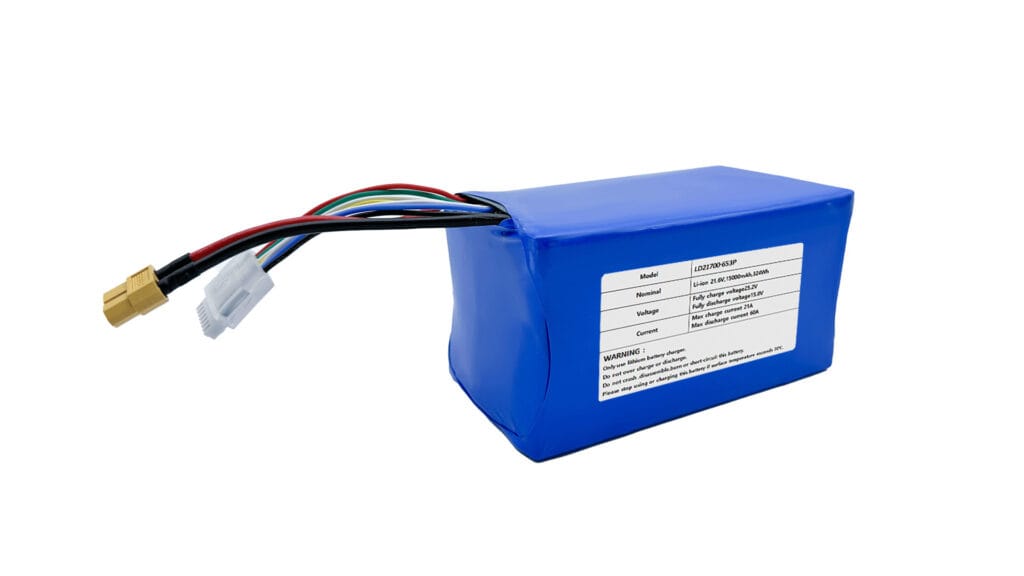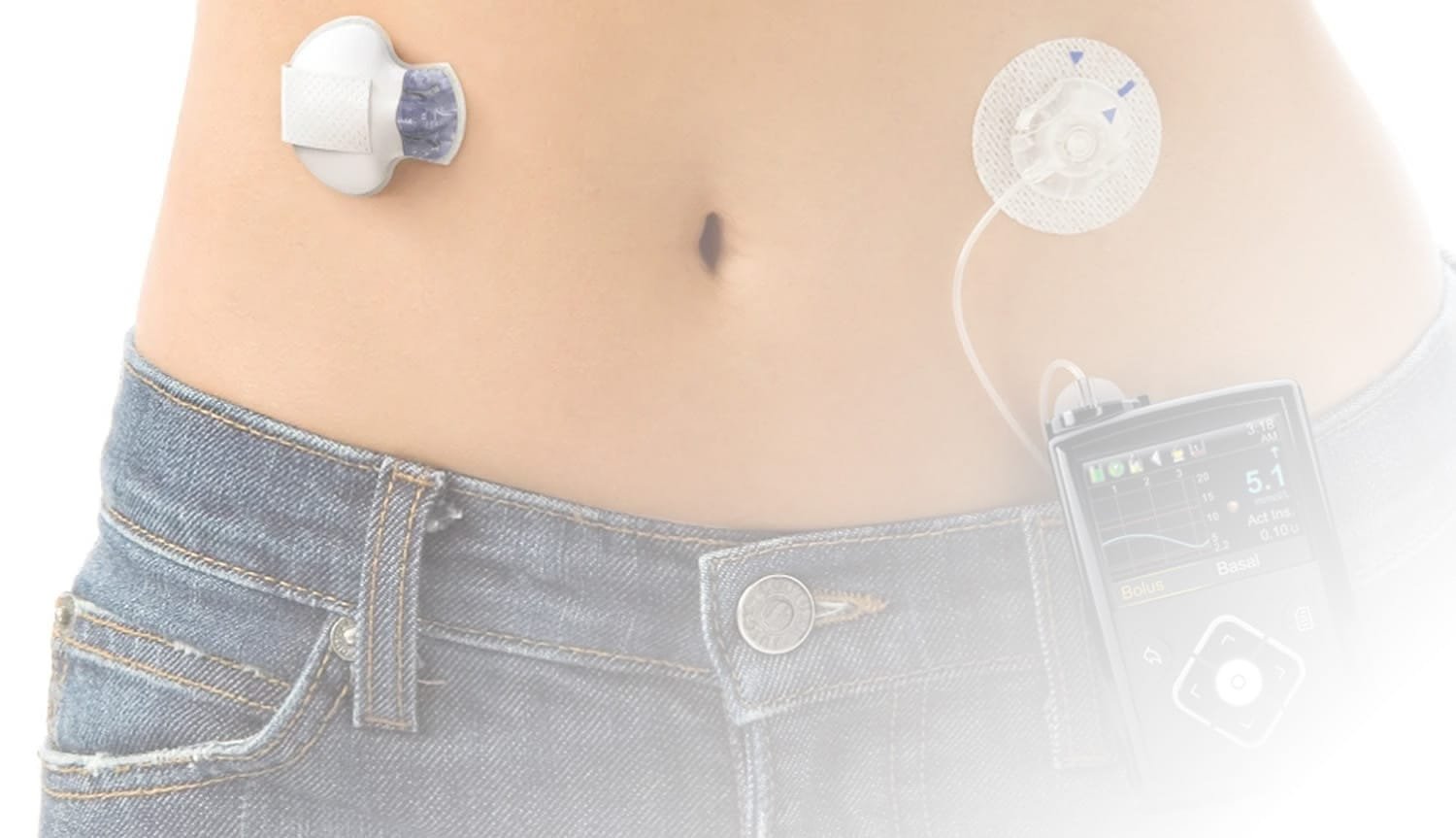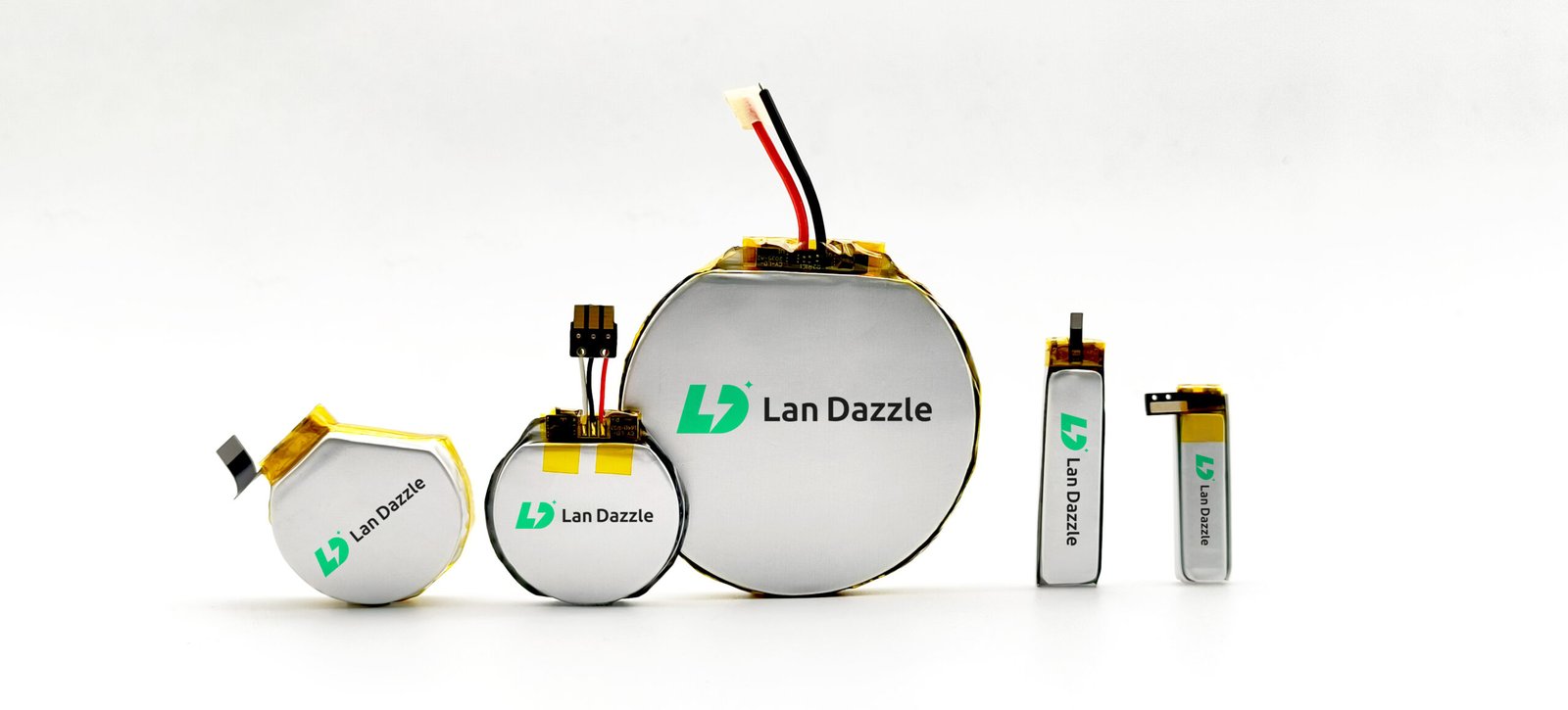In a world increasingly powered by portable electronics, the selection of dependable Li Polymer battery manufacturers is a critical decision that can significantly impact a business’s product quality, supply chain stability, and overall reputation. For companies in sectors ranging from consumer electronics and medical devices to industrial applications and beyond, the right battery partner ensures not only the performance and safety of their products but also their long-term market success. This comprehensive guide provides a detailed roadmap for navigating the complexities of the Li-Polymer battery industry and forging a successful partnership with a reliable manufacturer.
The Power of the Right Partnership: Why Your Battery Manufacturer Matters
The global Li-Ion battery market, of which Li-Polymer is a significant segment, is projected to reach $135.1 billion by 2031, growing at a CAGR of 13.1% from 2022 to 2031. This rapid growth underscores the increasing demand for high-quality, reliable power sources. Choosing the right manufacturer is not merely a procurement decision; it’s a strategic one that can yield substantial dividends.
Punti chiave:
- Product Performance and Safety: A reputable manufacturer adheres to stringent quality control measures, ensuring their batteries deliver consistent performance and meet international safety standards, mitigating the risk of product failures, recalls, and potential harm to end-users.
- Supply Chain Resilience: A reliable partner guarantees a stable and timely supply of batteries, preventing costly production delays and ensuring your products reach the market as planned.
- Brand Reputation: High-quality components, including the battery, contribute to a positive user experience, enhancing your brand’s reputation for quality and reliability. Conversely, a faulty battery can lead to negative reviews and damage brand equity.
- Cost-Effectiveness in the Long Run: While upfront costs are a consideration, a dependable manufacturer can reduce long-term expenses associated with warranty claims, product replacements, and the reputational damage of a product failure.
A Detailed 8-Step to Choose Reliable Li Polymer Battery Manufacturers
A meticulous evaluation process is the cornerstone of selecting a reliable Li-Polymer battery manufacturer. This eight-step approach provides a structured framework for your assessment.
Step 1: Deep Dive into Company Experience and Reputation
A manufacturer’s history and standing in the industry are strong indicators of their reliability.
-
Key Points to Cover:
- Years in Business: A longer operational history often signifies stability and a deeper understanding of the market.
- Industry Focus: Do they specialize in batteries for your specific industry (e.g., medical, consumer electronics, automotive)? This can translate to a better understanding of your unique requirements.
- Customer Reviews and Testimonials: Look for feedback on independent platforms and industry forums.
- Case Studies and Client Portfolio: A strong portfolio with recognizable clients demonstrates a track record of success.
Step 2: Scrutinizing Quality Management Systems and Certifications
Certifications are not just a formality; they are a testament to a manufacturer’s commitment to quality and safety.
-
Key Points to Cover:
- ISO 9001: This is the international standard for a quality management system (QMS). It ensures the manufacturer has documented processes and a commitment to continuous improvement.
- ISO 14001: This certification indicates a commitment to environmental management standards.
- Product-Specific Safety Certifications:
- UL 1642 & UL 2054: Crucial for products sold in North America, these standards cover the safety of lithium batteries and battery packs.
- IEC 62133: The international safety standard for rechargeable batteries.
- UN 38.3: Mandatory for the transportation of lithium batteries, ensuring they can withstand the rigors of shipping.
- Material and Substance Compliance: RoHS (Restriction of Hazardous Substances) and REACH (Registration, Evaluation, Authorisation and Restriction of Chemicals) are essential for products sold in the European Union.
Step 3: Assessing Technical Capabilities and R&D
The manufacturer’s technical prowess will directly impact the performance and innovation of your product.
-
Key Points to Cover:
- In-house R&D Team: A dedicated research and development team indicates a commitment to staying at the forefront of battery technology.
- Customization Capabilities: Can they tailor battery size, shape, capacity, and BMS to your specific needs? This is a hallmark of a sophisticated manufacturer.
- Prototyping and Testing Facilities: In-house testing capabilities for performance, safety, and cycle life are crucial for ensuring the battery meets your specifications.
- Understanding of Your Application: A good manufacturer will ask detailed questions about your product to recommend the optimal battery solution.
Step 4: Evaluating Production Capacity and Scalability
The manufacturer must be able to meet your current and future production demands.
-
Key Points to Cover:
- Production Line and Automation: A modern, automated production line can lead to greater consistency and higher output.
- Minimum Order Quantity (MOQ): Ensure their MOQ aligns with your business needs.
- Lead Times: Understand their typical lead times for both standard and custom orders.
- Scalabilità: Can they ramp up production as your business grows?
Step 5: Communication, Transparency, and Support
Clear and consistent communication is vital for a successful long-term partnership.
- Key Points to Cover:
- Responsiveness: How quickly do they respond to your inquiries?
- English Proficiency: For international partnerships, ensure their team has a strong command of English to avoid miscommunication.
- Dedicated Point of Contact: Having a dedicated account manager can streamline communication.
- Transparency in Processes: Are they willing to share information about their production process and quality control measures?
Step 6: Conducting a Factory Audit
If feasible, a physical or virtual factory audit is invaluable.
- Key Points to Cover:
- Cleanliness and Organization: A well-organized facility is often indicative of a well-run operation.
- Adherence to Safety Protocols: Observe if workers are following safety procedures.
- Quality Control Checkpoints: Identify the various stages of quality control throughout the manufacturing process.
- Employee Morale and Working Conditions: A positive work environment can contribute to better product quality.
Step 7: Analyzing Cost and Value
While cost is important, it should be evaluated in the context of overall value.
- Key Points to Cover:
- Detailed Quotations: Request a breakdown of costs, including tooling, samples, and mass production.
- Total Cost of Ownership: Consider factors beyond the per-unit price, such as warranty, support, and the potential costs of poor quality.
- Negotiation: Be prepared to negotiate on price, but not at the expense of quality.
Step 8: Reviewing Warranty and After-Sales Support
A strong warranty and reliable after-sales support provide a safety net.
- Key Points to Cover:
- Warranty Period and Terms: Understand what is covered and for how long.
- Process for Handling Defective Products: A clear and efficient process for returns and replacements is essential.
- Technical Support Availability: Ensure they have technical support available to assist with any issues that may arise.
Building a Lasting Partnership: Beyond the Initial Selection
Once you’ve selected a manufacturer, the work doesn’t stop. Building a strong, collaborative relationship is key to long-term success.
- Punti chiave:
- Clear and Detailed Contracts: Ensure all terms, including specifications, quality standards, delivery schedules, and payment terms, are clearly outlined in a legally binding contract.
- Regular Communication: Maintain open lines of communication to address any potential issues proactively.
- Collaborative Product Development: Involve your manufacturer in the early stages of product development to leverage their expertise.
Frequently Asked Questions (FAQ) about Choosing Li-Polymer Battery Manufacturers
-
What are the most important certifications to look for in a Li-Polymer battery manufacturer?
- At a minimum, look for ISO 9001 for quality management, UL 1642/2054 for safety (especially for the North American market), IEC 62133 for international safety compliance, and UN 38.3 for transportation.
-
How can I verify a manufacturer’s claims about their production capacity?
- Request a factory tour (virtual or in-person), ask for production data from similar projects, and inquire about their equipment and level of automation.
-
What is a reasonable lead time for custom Li-Polymer battery packs?
- Lead times can vary significantly based on the complexity of the design, material availability, and the manufacturer’s production schedule. Generally, expect anywhere from 4 to 12 weeks for custom orders.
-
How much should I expect to pay for custom Li-Polymer batteries?
- Pricing is highly dependent on factors such as capacity, size, chemistry, the complexity of the BMS, and order quantity. It’s best to get detailed quotes from multiple manufacturers.
-
What are the biggest red flags to watch out for when evaluating a potential manufacturer?
- Lack of transparency, an unwillingness to provide certifications, poor communication, an outdated or disorganized factory, and unusually low pricing can all be red flags.
-
Is it better to work with a domestic or an overseas manufacturer?
- Both have their pros and cons. Domestic manufacturers may offer easier communication and faster shipping, while overseas manufacturers, particularly in Asia, often provide more competitive pricing. The best choice depends on your specific priorities.
-
What is a Battery Management System (BMS) and why is it important?
- A BMS is an electronic system that manages a rechargeable battery. It is crucial for safety and longevity, as it protects against overcharging, over-discharging, over-current, and short circuits. A high-quality BMS is a key component of a reliable battery pack.
Conclusion: Powering Your Business’s Future
The process of selecting a reliable Li-Polymer battery manufacturer is a significant undertaking, but it is an investment that will pay dividends in the form of a high-quality, safe, and successful product. By conducting thorough due diligence, asking the right questions, and prioritizing long-term value over short-term cost savings, you can forge a powerful partnership that will help your business thrive in an increasingly electrified world.
If you’re looking for a trusted manufacturer that offers soluzioni personalizzate per batterie LiPo, robust R&D capabilities, and a proven track record across industries like wearables, IoT, drones, and medical devices — Lan Dazzle is here to power your innovation.
👉Contact us at info@landazzle.com to discuss your custom battery needs today.





